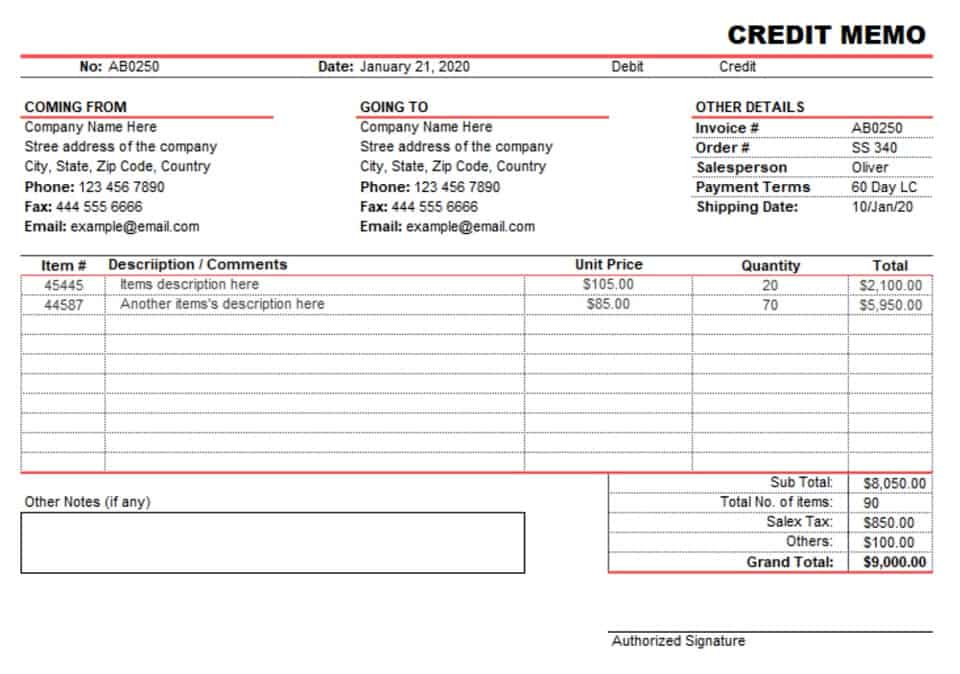
In contrast, independent contractors are essentially workers in business for themselves. They generally control when and how their work is accomplished, use their own tools and equipment, and risk profit or loss on each assignment. There are exemptions that exclude some independent contractors from needing to be reported (i.e., if the recipient was a corporation). Here’s a breakdown of some of the pros and cons for both independent contractors and employees. Trying to figure out the difference between independent contractors and employees and when to use 1099s and W-2s can be confusing and overwhelming.

A W-2 is a tax form where businesses report annual compensation paid to their employees and the payroll taxes withheld from that compensation. Employees who receive a W-2 are paid through their employer’s payroll and have their payroll taxes withheld throughout the year. But it’s super important that you have a basic understanding of how to classify workers, even if you have a payroll service or accountant to do the heavy lifting when it comes to paying them.
Here’s some information to help business owners avoid problems that can result from misclassifying workers.
Because of that, employers will pay half the employment taxes, such as Social Security and Medicare taxes. Currently, the tax rate for these employment taxes is 15.3% of a worker’s gross wages, so employers have to pay 7.65 of that and withhold the other half from W-2 employee paychecks. You are required to withhold Social Security and Medicare taxes and file payroll taxes for W-2 employees.
HR professionals must pay meticulous attention to correctly classify workers, distinguishing between W2 employees and 1099 independent contractors. It’s crucial for HR to stay informed on IRS guidelines and provide ongoing training to ensure that managers and staff involved in hiring understand the criteria for classification. 1099 and W2s are the different tax forms used to deduct payroll taxes on different types of employees. They receive pay in accord with the terms of their contract and get a 1099 form to report income on their tax return. The employer withholds income taxes from the employee’s paycheck and has a significant degree of control over the employee’s work. Having a full-time employee or a contracted employee could result in different tax obligations for business owners.
When and Why to Hire Through a Temporary Agency
If you’re hiring for a short-term, well-defined project rather than hiring a permanent member of your team, a 1099 worker can be a less expensive option. A 1099 form is a form used to report income for nonemployee workers and miscellaneous sources. Typically, income reported on a 1099 has not yet had any taxes 1099 vs w2 withheld, and those taxes are the responsibility of the recipient. In the context of small business usage, there are three primary types of 1099s, including the 1099-MISC, the 1099-NEC and the 1099-K. As a business owner, it’s up to you to determine whether a worker is an employee or an independent contractor.
Compare the income information on both forms with your records for accuracy. And remember that just because you did not receive a 1099 or W-2 form for certain income doesn’t mean that you can leave it off of your tax returns. The IRS will review the facts and circumstances and officially determine the worker’s status.
Table of contents
Generally, businesses hire these workers to complete a specific task or work on a specific project as defined in a written contract. Whether a company would benefit more from W-2 employees depends on the key aspect of the business. Some industries that cater more to W-2 workers include healthcare, government, and education. Each of these industries is recession-proof, and will always provide jobs.

Employees can feel more secure in salaried jobs, and they might be more apt to focus on the job at hand instead of lining up other jobs. Valuable benefits and perks can help retain talented employees, enhancing productivity and minimizing the cost of recruiting and training new people. Still, there’s a good case to be made for favoring employees over contractors. It can also be much easier to terminate a relationship with a contractor or freelancer than with an employee, and contracts can be tweaked or changed from one period to another, suiting employer needs. Many of us get to choose how we want to work, whether as an employee, a contractor, or a freelancer.
Can Air Ticket Tax Be Deductible When Filing a Tax Return?
Whatever the case, you may be scratching your head trying to understand the difference between the two. Read on to explore the differences and benefits of 1099 vs. W-2 regarding both the forms and workers, as well as other considerations to know before hiring a position for your business. The rise of the internet has contributed to a digital freelance economy.
- He also has a business that he owns and operates that provides snow plowing services on nights and weekends.
- If you don’t receive a 1099-K, the IRS still expects you will report all your income, regardless of the amount.
- Misclassifying workers as independent contractors adversely affects employees because the employer’s share of taxes is not paid, and the employee’s share is not withheld.
- You must also pay federal, state and local taxes, as well as state unemployment insurance if you live in a state that requires you to pay these.
- Whatever the case, you may be scratching your head trying to understand the difference between the two.
- Employees, on the other hand, will have the company sharing with them these tax obligations and deductions.
- The IRS calls the following the “common law rules,” which boil down to the degree of control the company has and the level of independence of the worker.
Please note that the information contained herein is limited in scope and is only intended as an overview of the differences in reporting forms for independent contractors and employees. The information is based on current and active legislation, which may change in the future. For guidance or advice specific to your business, you should consult with a tax or legal professional. Generally, you have more control over the work that an employee does than you do with a contractor. You must withhold income taxes, withhold and pay Social Security and Medicare taxes, and pay unemployment tax on wages paid to employees. You do not usually withhold taxes for a contractor or pay toward other benefits; they take care of that themselves.